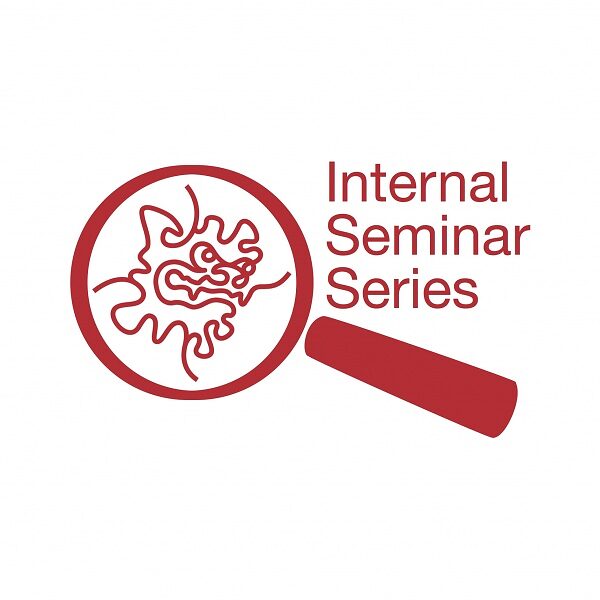Internal Seminar: Samatey Unit and Mikheyev Unit

Date
Location
Description
Join us for March's first Internal Seminar Series on Mar. 6, from 17:00 to 18:00 in B250. This month's seminars feature the Trans-Membrane Trafficking Unit (Fadel Alexis Samatey) and the Ecology and Evolution Unit (Alexander Sergeyevich Mikheyev).
Trans-Membrane Trafficking Unit (Fadel Alexis Samatey)
Speaker : Shaikh Nausad Hossain
Title : Understanding bacterial Histidine Kinase: a step towards new antibiotics for superbugs
Abstract : Staphylococcus aureus has been the leading cause of human infections throughout history and its adaptive power to antibiotics has resulted in the emergence of resistant or even multiresistant S. aureus strains. Therefore it is often referred to as a “superbug”. The virulence is essentially determined by cell wall associated proteins and secreted toxins that are regulated according to environmental cues.
In bacteria the omnipresent device for sensing, responding and adapting to a wide range of environmental stimuli, stressors and growth conditions is known as the two-component system (TCS). The prototypical TCS consists of a histidine kinase (HK) and a response regulator (RR). While TCSs are responsible for bacterial fitness under certain stress conditions, few have been found to be essential for cell viability. Among those, the highly conserved YycG (HK) and YycF (RR) to form the YycGF (TCS). In addition to its cellular house keeping functions, it regulates the transcription of genes involved in virulence and antibiotic resistance. Since HKs are so important to bacteria, but are not present in higher eukaryotes, they have become seductive targets for the development of a new class of antimicrobial drugs.
YycG-PASSa Protein (sensor domain of HK) was successfully crystallised and the structure was determined to a resolution of 2.0 Å. From the structure analysis, the zinc-coordinating residues in the YycG PAS domain were identified and the zinc ion was found to be involved in tetrahedral coordination. Mutational studies in combination with isothermal titration calorimetry (ITC) were used to examine the zinc affinity and metal-ion selectivity of the Zn2+ binding in the YycG PAS domain. Functional assays on the full-length YycG kinase indicate that Zn2+ binding by the PAS domain may have a negative regulatory role.
Ecology and Evolution Unit (Alexander Sergeyevich Mikheyev)
Speaker : Carolina Arenas Diaz
Title : SURVIVAL OF RNA POPULATIONS UNDER HIGH ERROR RATES OF REPLICATION
Abstract : RNA is a genetic information carrier that thanks to its ubiquitous folding spectra can achieve multiple functions. One of such functions is catalysis, making RNA enzymes (ribozymes) ideal for in vitro evolution studies because they can be carried out in short time and minimalistic way in comparison to evolution studies carried on living organisms. For example, the impact of mutations on the maintenance and transformation of the genetic information (genotype) and the implications of such impact on the evolution of a population can be studied using ribozymes. As mutations accumulate on the genotype, they can affect the folding and furthermore the catalytic function (phenotype) of the ribozyme.
Small populations are very susceptible to stochastic events including random genetic drift, this combined with deleterious effects of mutations and mutation accumulation can be drastic for the maintenance of the genetic information, and the functionality of the ribozymes. From viral population studies and in silico data modelling, it is known that populations evolving under high mutation rates can survive under the “survival of the flattest” model when selection is for mutational robustness rather than for replication speed. Characterization of how selection for mutational robustness onsets at high error rates can have direct implications on antiviral strategies aiming at increasing replication errors to cause deterioration of the viral genetic information and render population extinction.
Subscribe to the OIST Calendar: Right-click to download, then open in your calendar application.



